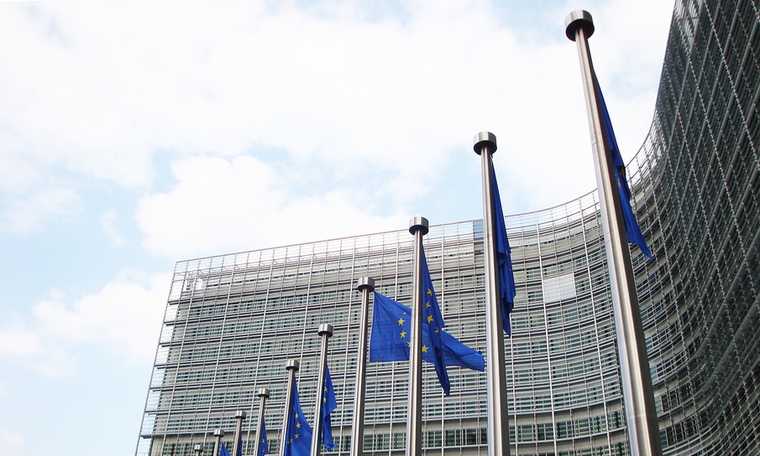By: V4 Agency
There is growing criticism about the EU’s joint coronavirus vaccine procurement, a process coordinated by the European Commission. Many say the vaccine is still not available in sufficient quantities to member states, even as time goes by. V4NA has turned to the European Commission President, requesting information on the details of the procurement contracts.
A growing number of member states appear to be critical of the EU’s joint procurement of coronavirus vaccines, because the member states are now far behind Israel, the United States or the United Kingdom in terms of mass vaccination.
Ursula von der Leyen, the president of the European Commission in charge of the joint procurement procedure, defended the decision. On Wednesday, however, she called for the acceleration of the vaccination of EU residents.
The move would, of course, require a sufficient amount of vaccine, which is not currently available.
The bottleneck is not the number of vaccines ordered, but the global production capacity, Health and Food Safety Commissioner Stella Kyriakides explained. This, however, does not clarify why some other countries, for instance the UK, have received more doses from the vaccines already manufactured.
Austrian Chancellor Sebastian Kurz, Czech Prime Minister Andrej Babis and Slovenian PM Janez Jansa have also criticised the European Commission over the procurement of vaccines and slammed EU institutions for their sluggish authorisation procedure.
Andrej Babis described the EU’s joint procurement as a disadvantage for the Czechs.
Bavariam state premier Markus Soder told Bild am Sonntag that in his view, the European Commission had failed to perform the task of ensuring that sufficient vaccine supplies are booked. In his opinion, the Commission’s procurement procedure was inadequate and too bureaucratically planned. They ordered insufficient quantities from the appropriate vaccines, while the negotiations on vaccine prices also took too long.
V4NA has contacted European Commission President Ursula von der Leyen in a letter, asking her to provide information on the EU’s vaccine purchases and to send us the procurement contracts.

We also asked the EC chief about who was in charge of the procurement negotiations and when they happened, as well as who signed the contract with the manufacturer(s) on behalf of the EU and when the vaccines were ordered, and in what quantities.

